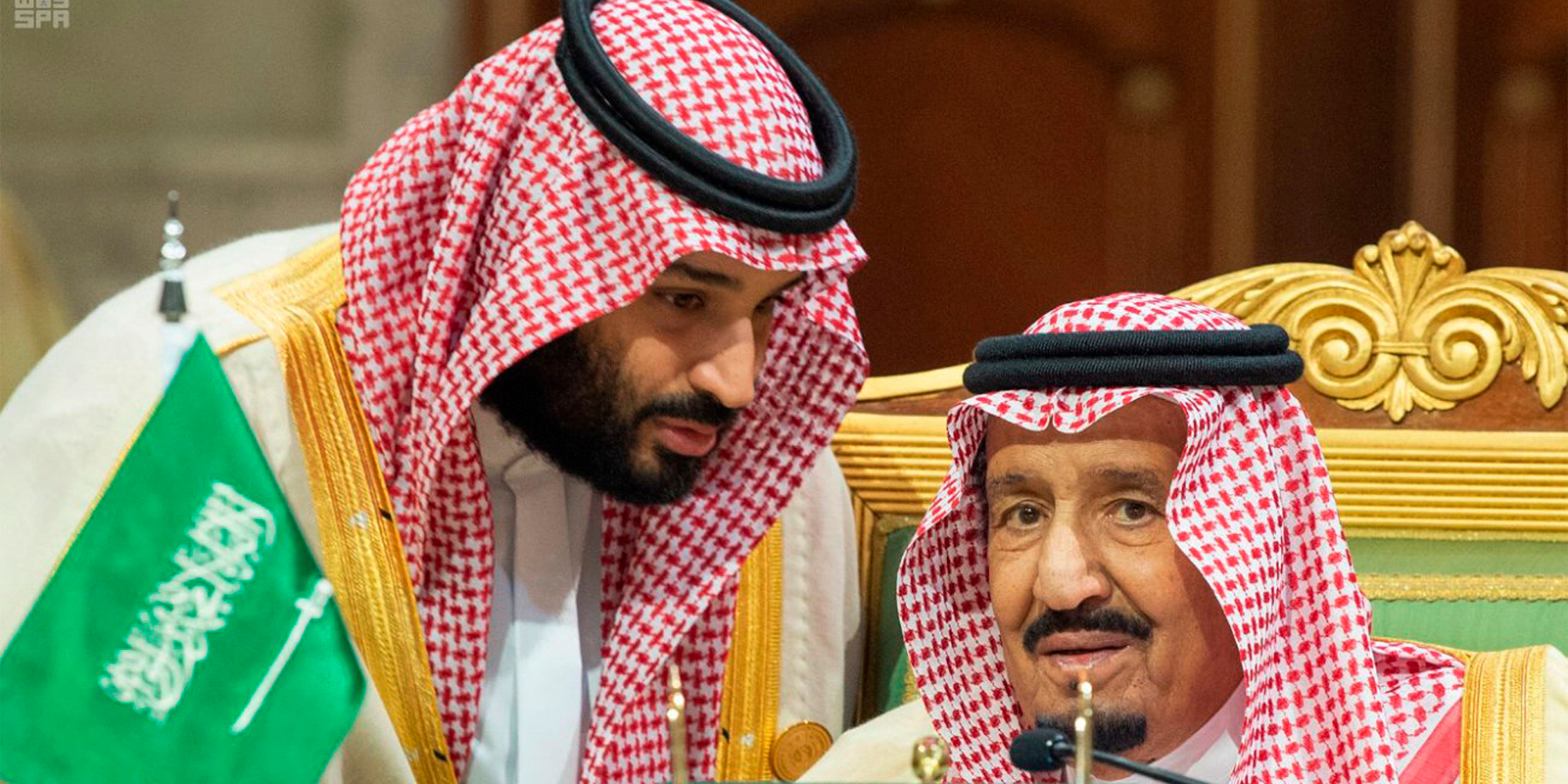- Saudi Arabia snapped up about $1 billion worth of stock in four European oil companies, The Wall Street Journal reported on Wednesday.
- The kingdom took advantage of the coronavirus sell-off and slump in oil prices to build stakes in Royal Dutch Shell, Equinor, Total, and Eni, the newspaper said.
- Saudi’s Public Investment Fund, which recently took an 8.2% stake in cruise giant Carnival, made the purchases.
- Shares in Shell, Equinor, Total, and Eni have all tumbled more than 30% since January.
- Visit Business Insider’s homepage for more stories.
Saudi Arabia bought about $1 billion worth of shares in four European oil producers in recent weeks, The Wall Street Journal reported on Wednesday.
The world’s largest oil exporter capitalized on the coronavirus-fueled market meltdown and the crash in oil prices to build stakes in Royal Dutch Shell, Equinor, Total, and Eni, The Journal said, citing people familiar with the matter.
Saudi’s $300 billion Public Investment Fund made the purchases, somewhat undermining its objective to diversify the kingdom’s economy away from oil. Its managers may be eager to tap into foreign income streams at bargain prices, especially as lower oil revenues and stimulus plans are set to widen the national budget deficit this year. The fund recently took an 8.2% stake in Carnival after coronavirus sunk the cruise giant’s stock.
The novel coronavirus pandemic has disrupted global trade, forced factories to cut back or close, and led to widespread lockdowns intended to slow its spread, slashing demand for fuel. Saudi and Russia are also locked in an oil-price war after failing to agree on output cuts, meaning there’s a supply glut.
Shares in Anglo-Dutch behemoth Shell, Norwegian oil giant Equinor, French producer Total, and Italian rival Eni have all slumped more than 30% since January. Equinor's stock was flat in early trading on Thursday, while the other three climbed about 1%.
Shell, Equinor, and Eni declined to comment to The Journal. Meanwhile, the Saudi Public Investment Fund and Total didn't respond to a request for a comment from the newspaper.
Business Insider has reached out to all the involved parties but a comment was not immediately available.

